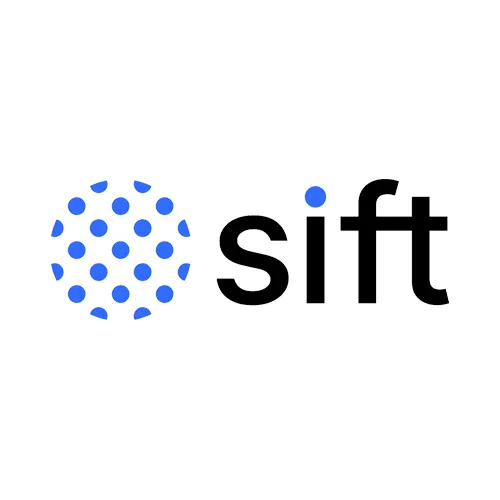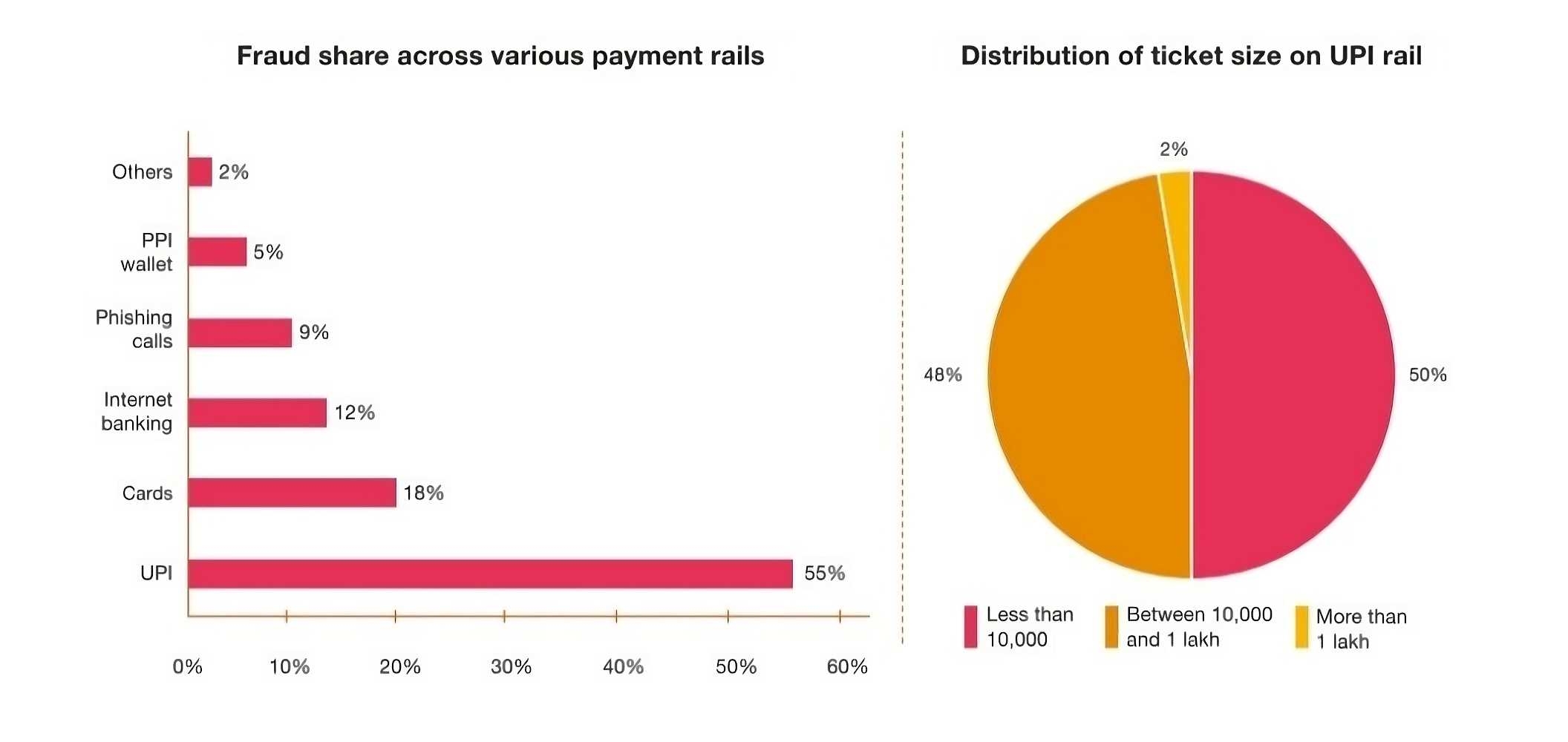Back
Medial Startup Trivia
Trivias Around start... • 1y
From Frustration to Fraud Fighter: The Sift Science Success Story Inside the bustling offices of Airbnb, as a software engineer Jason Tan found himself repeatedly bumping up against a problem that seemed to have no good solution. How could online companies detect and prevent fraud without creating a frustrating experience for their honest users? The existing systems, clunky and rule-based, felt like using a sledgehammer to crack a nut. Surely, Tan thought, there had to be a better way. This persistent frustration became the seed of an idea that would eventually grow into Sift, a company now valued at over a billion dollars. Tan's lightbulb moment? What if machine learning could be harnessed to fight fraud more intelligently and effectively? With this vision in mind, Tan took a leap of faith in 2011, leaving the security of his job to found what was then called Sift Science. The early days were a whirlwind of long nights, pitch meetings, and the kind of relentless hustle that defines many startup origin stories. Tan bootstrapped the company, pouring his time and resources into building the initial product while simultaneously trying to convince investors of its potential. With this vision in mind, Tan took a leap of faith in 2011, leaving the security of his job to found what was then called Sift Science. The early days were a whirlwind of long nights, pitch meetings, and the kind of relentless hustle that defines many startup origin stories. Tan bootstrapped the company, pouring his time and resources into building the initial product while simultaneously trying to convince investors of its potential. The journey from a scrappy startup to today’s industry leader, was fueled by several rounds of funding, each one a testament to the growing recognition of both Sift's potential and the critical nature of the problem it was solving. Early investors like Union Square Ventures and Spark Capital saw the promise in Sift's approach, while later rounds led by firms such as Insight Venture Partners and Stripes Group helped catapult the company into the upper echelons of the tech world.Sift's funding journey began with Y Combinator's support in 2011. In 2013, Union Square Ventures led a $5.5 million Series A round. This was followed by an $18 million Series B in 2014, with Spark Capital joining. 2016 saw a significant $30 million Series C round led by Insight Venture Partners. In 2018, Sift raised a $53 million Series D, processing over $100 billion in annual transactions by this point. The company reached unicorn status in 2021 with a $50 million Series E round, achieving a $1 billion valuation. As for Tan, he remains at the top of things & operations, still driven by the same mission that sparked Sift's creation. "We're not just fighting fraud," he often says. "We're making the internet a safer place for everyone” It's a lofty goal, but one that Sift, with its billion-dollar valuation and cutting-edge technology, seems well-equipped to tackle.The story of Sift is more than just a tale of startup success. It's a reminder that some of the biggest innovations come from identifying and relentlessly pursuing solutions to the problems that frustrate us most. In the fast-paced world of tech, where new challenges arise almost daily, Sift's journey from one engineer's frustration to a fraud-fighting empire offers a blueprint for turning obstacles into opportunities.

Replies (3)
More like this
Recommendations from Medial
Vivek Joshi
Director & CEO @ Exc... • 10m
Investment Mandates I. Sector-Agnostic Early-Stage Investments • Focused on providing the first institutional check to startups. • Early signs of traction and revenue are required. • Typical investment size: ₹1-8 crore in exchange for 8-18% equi
See More
Download the medial app to read full posts, comements and news.





















/entrackr/media/post_attachments/wp-content/uploads/2021/08/Accel-1.jpg)




















